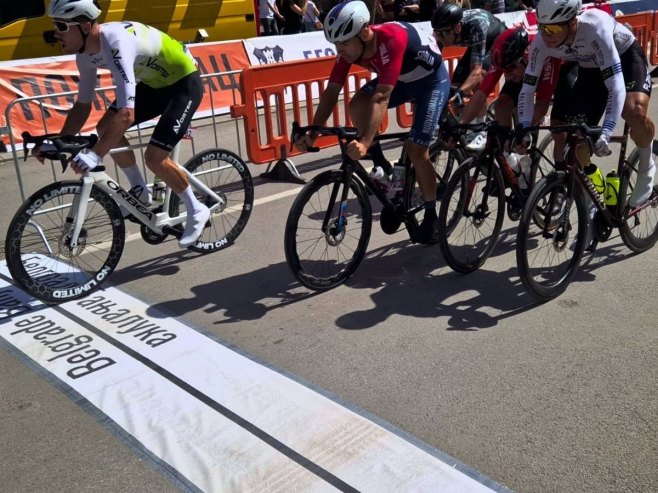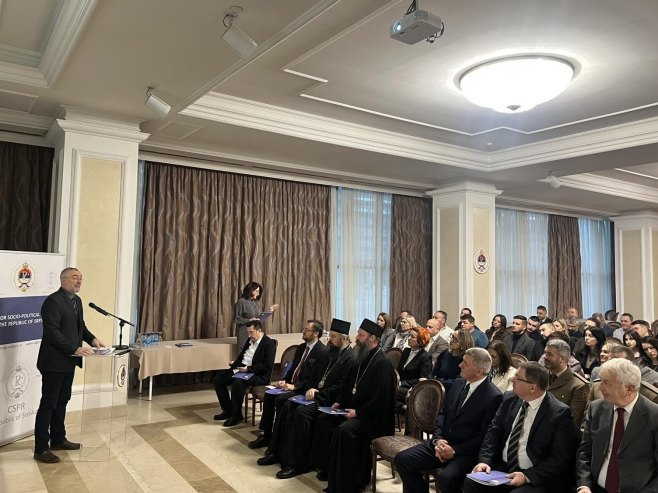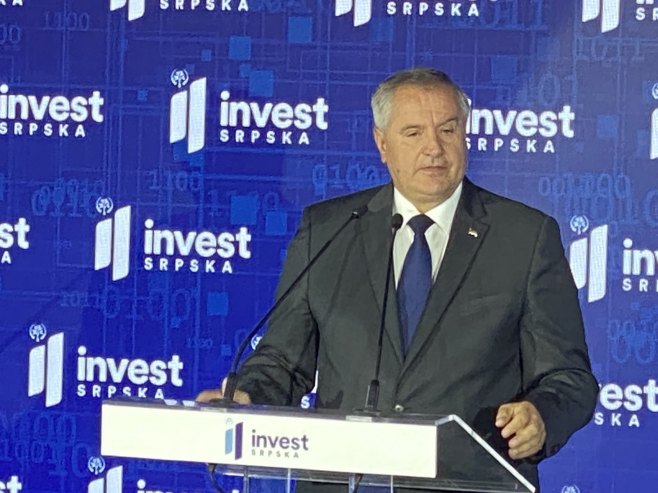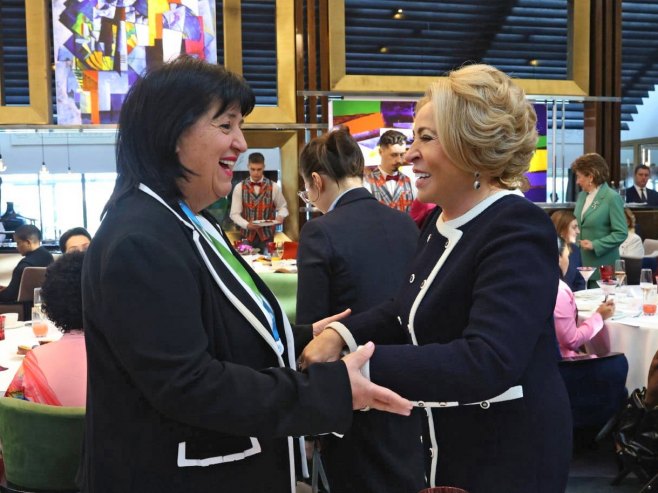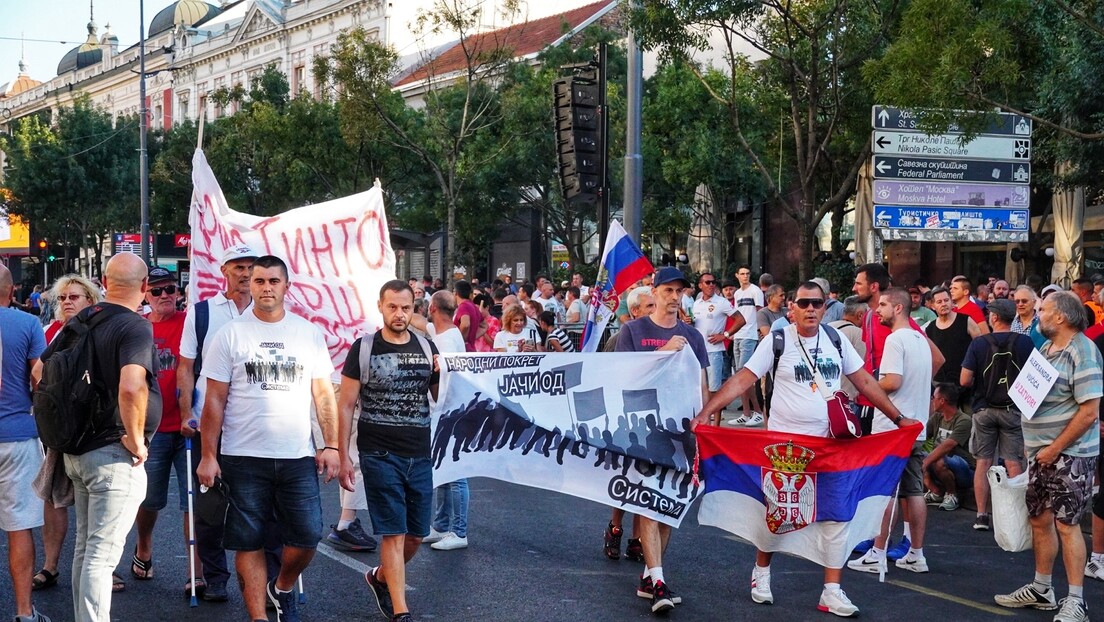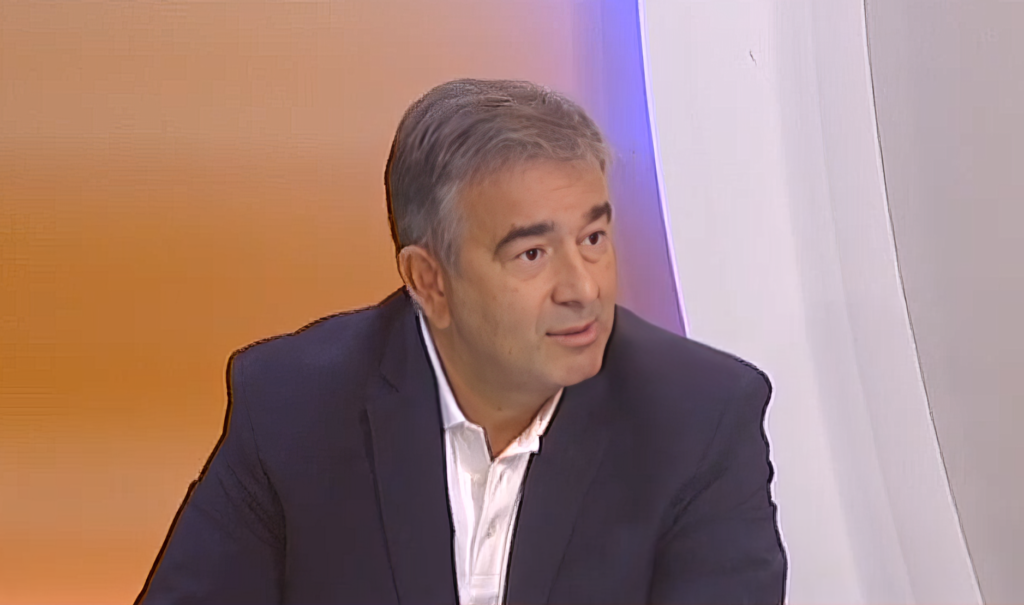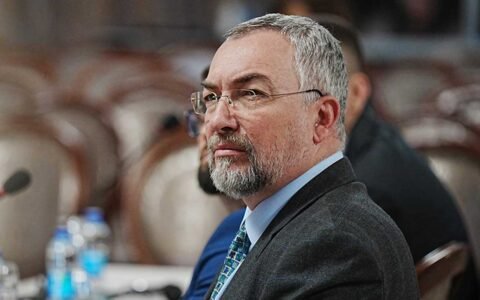Prime Minister of Republika Srpska Radovan Višković stated today on Jahorina that halting the construction of the gas pipeline from Serbia, for which the first concession was granted 20 years ago, has caused Republika Srpska to lose billions of KM.
At the panel “Conversation with the Prime Minister,” which officially concluded this year’s Jahorina Economic Forum, Višković mentioned that partners from Gazprom always inquired first about the resolution of the gas connection under the Drina River at every meeting.
“The answer has always been that we still haven’t sorted it out. It seems to me that we won’t realize this until Republika Srpska becomes independent,” said Višković.
Višković reminded that Republika Srpska intended to gasify the territory from its entry point to Banja Luka and further, to build gas power plants of 500 or 600 megawatts along this route.
“Now the Americans are pushing for the southern interconnection from Croatia, and now we are one-on-one. We are demanding the eastern connection and conditioning it with the southern one. I also suggested that at the official connection point in Šepak, where gas enters BiH from Serbia, we add another pipe or replace the existing one with a larger diameter and pump gas to Banja Luka,” said Višković.
In that case, Višković adds, the missing gas would be taken from Slavonski Brod, where it will enter from Croatia.
He also reminded that the gasification of Pale and Jahorina is underway, gradually increasing gas consumption in Republika Srpska.
Regarding agriculture, Višković said that the Government has raised the subsidy to 70% for insurance against natural disasters and to 50% for anti-hail nets.
“Every year, we employ all agricultural engineers who want to work on their own farms and provide them with a subsidy of 40,000 KM to start a business. A large number of people have responded to this call. Farmers from Republika Srpska have purchased 870 tractors through incentives, which didn’t even happen in Yugoslavia,” said Višković.
According to Višković, the Government of Republika Srpska will strive to approve favorable subsidies for the acquisition of the latest machinery in the processing industry.
The Prime Minister also announced that the grey market will be addressed after the new fiscalization comes into effect following the test phase in June, urging businesses to respond to the public call of the Tax Administration of Republika Srpska regarding fiscal cash registers.
Regarding young entrepreneurs, Višković mentioned that there have been bad experiences and that ways to protect incentive funds need to be found.
General Director of SHP Celex Banja Luka, Mario Blažević, said that business zones in local communities must be prepared for investors in terms of connections and access infrastructure.
He emphasized that border crossings are the most important issue for entrepreneurs who export their products.
Blažević stated that SHP Celex will invest between 100 and 120 million euros in a new production facility and warehouse, depending on the technology, which will be completed in five to seven years. He noted that the benefits the Government of Republika Srpska provides to investors are not sufficiently promoted.
“We currently produce with fuel oil, but it would be much more efficient if gas reached Banja Luka,” pointed out Blažević and called on foreign investors to invest in Republika Srpska.
Mercedes-Benz Cars manager Miroslav Vrcelj, speaking about electromobility, said that the number of regular (slow) car chargers in the region, including in Republika Srpska and BiH, is satisfactory, but that it is necessary to install fast chargers on highways with government assistance.
He also mentioned that with the cessation of subsidies for electric cars in some European countries, the demand for these vehicles has decreased, but the growth trend will continue, just not as previously predicted.
This year’s seventh Jahorina Economic Forum featured a total of 16 panels with 100 speakers participating.
Source: RTRS
